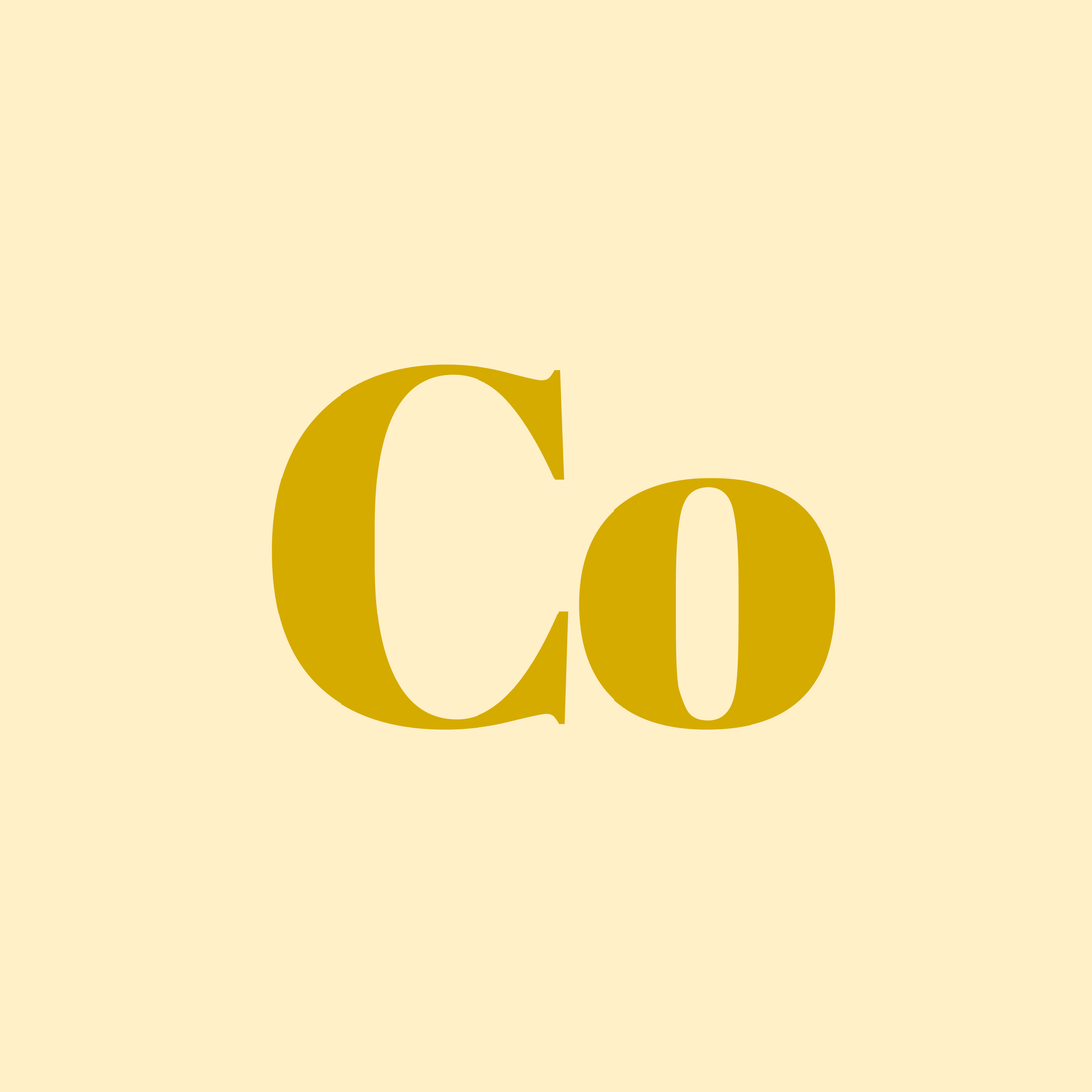
Collagen
Share
Helps Support Healthy Skin, Joint, Tendon, and Bone Function*
What Is Collagen?
A body protein, collagen includes the amino acids proline and glycine, which help maintain and repair your skin, tendons, bones and joints. As we age, collagen production slows and by the time we reach menopause, we can be losing up to a third of our collagen. This leads to a loss of skin elasticity which can cause dry skin and wrinkles, as well as a decrease in tendon, bone, joint and heart health.
Studies have shown that age-dependent reduction in collagen synthesis can be reversed by oral administration of specific bioactive collagen peptides. These oligopeptides are obtained by enzymatic hydrolysis of natural collagen. After ingestion, they are further metabolized to bioactive di- and tri-peptides in the gastrointestinal tract, which are then released into the bloodstream and accumulated in the skin to form the collagen biomatrix.
How Collagen Supplements Work
Most collagen supplements are made from fish and animal cartilage, bones and skin, as well as eggshells, which are then broken down with water, or “hydrolyzed.” This makes it easier for your body to absorb collagen. Some supplements come in the form of a capsule or tablet, others are a powder you mix into a hot drink or smoothie every day.
Benefits of Collagen Supplements
There are several types of collagen and each has different benefits. For example, Types 1 and 3 from beef products, may support healthy skin, while Type 2 from chicken products aids in joint health. Overall, some of the common benefits to your health from collagen may include:
- Healthier joints
- Better skin and hair
- Improved muscle mass
- Less bone loss
- Improved heart health
Types of Collagen Supplements
There are many different types of collagen supplements that come from a variety of sources. That’s why you should do your research, read labels and choose a supplement that best meets your unique needs. Our bodies are composed of more than 20 amino acids, so consider a supplement that contains a good mix of them. Bovine collagen, Types 1 and 3, are the most common and easiest to absorb when hydrolyzed.
Support Collagen Absorption Through What You Eat
The best way to support collagen absorption is by eating a variety of plant-based foods including vegetables, nuts, seeds, legumes and beans. Plants provide a variety of phytonutrients which can help your body make collagen. The hype on bone broth? There is less calcium in one cup of bone broth than in 1 cup of navy beans. And, the collagen in bone broth is not absorbable as it has not been hydrolyzed.
Source: U.S. Department of Health & Human Services
Source: AllinaHealth

